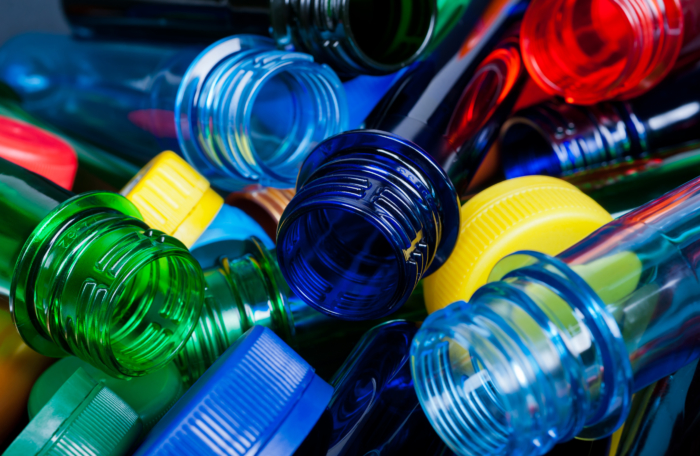Recycling more plastics is bad? Some activists say so
Companies have been working for years on new ways to recycle plastics, and they think they have a breakthrough concept: chemical, or “advanced,” recycling. If the technology is perfected, it has the potential to increase plastics recycling and decrease solid waste.
Naturally, environmental activist groups hate it.
In the Legislature this year, a popular, bipartisan bill to speed the development of advanced recycling in New Hampshire drew little opposition — except from some green activists.
Why? They prefer to abolish the production of single-use plastics. It’s a classic case of the perfect being the enemy of the good.
A General Accounting Office report last fall concluded that advanced recycling created tremendous new opportunities for:
-
Resource conservation. Chemical recycling can produce raw materials of virgin quality, thereby decreasing demand for fossil fuels and other natural resources.
-
Reduced landfill use. A significant amount of plastic waste ends up in landfills. New technologies could reduce the need for landfills, which may reduce the release of harmful chemicals into the environment.
-
New markets. Developing advanced recycling technologies could promote domestic business and employment. Chemical recycling creates a market for plastic waste and a new way to reuse some plastics.”
A New York recycling investment fund last year concluded that the technology had real promise for investors and as a recycling technology.
A McKinsey study out this week concluded that advanced recycling “could satisfy 4 to 8 percent of total polymer demand by 2030….”
Obviously, there are no guarantees. Some advanced recycling plants have struggled to make a profit and have closed within a few years of opening. It might never achieve its stated goals, as is true of any expensive new technology.
Among its obstacles are state regulations, which tend to classify such facilities as solid waste disposal operations.
Senate Bill 367 classifies advanced recycling facilities as manufacturing, subjecting them to laws and regulations that apply to manufacturers rather than to solid waste disposal centers.
The Department of Environmental Services supported the bill and testified in favor of it.
At the request of the department, the bill authorizes state inspectors to “enter and inspect any advanced recycling facility to ensure compliance with all applicable statutes and departmental rules relative to air, water, waste, and land use and take any enforcement actions necessary.”
The bill received a unanimous 4-0 “ought to pass” recommendation from the Senate Environment and Agriculture Committee and passed the Senate unanimously on a voice vote.
Sen. David Waters, a passionate environmentalist from Dover, co-sponsored the bill along with Sen. Kevin Avard, R-Nashua. Senate Minority Leader Donna Soucy, D-Manchester, also was a co-sponsor.
In the House, however, opposition appeared. The House Environment and Agriculture Committee split on the bill, voting 4-3 in favor. The House passed it by 70-vote margin, but still 128 members voted against it.
Some environmentalists worry that the new recycling process could cause unforeseen environmental problems. They don’t want it allowed until exhaustive testing and research can be done to guarantee safety.
But that would delay the development of a promising new recycling technology indefinitely, and possibly smother it in the cradle.
And that is exactly the point, for some activists. The Conservation Law Foundation opposed the bill, saying in a statement that it “disguises burning plastic as recycling and will spread toxic pollution into New Hampshire’s communities while keeping single-use plastic in production.”
The group’s stated goal is to end the production of single-use plastic. Making more of it recyclable is seen as an obstacle to achieving the end goal.
As with natural gas power generation, some activists are hoping to block an incremental improvement to speed the arrival of a hypothetically perfect outcome.
A GAO analysis of U.S. Environmental Protection Agency data from 2018 found that 75% of plastics wind up in landfills. Advanced recycling might have the potential to decrease that percentage substantially. But it can’t do that if environmentalists block it with a web of regulations.
Advanced recycling might not live up to its promise. But it definitely won’t if it’s never allowed to start.



